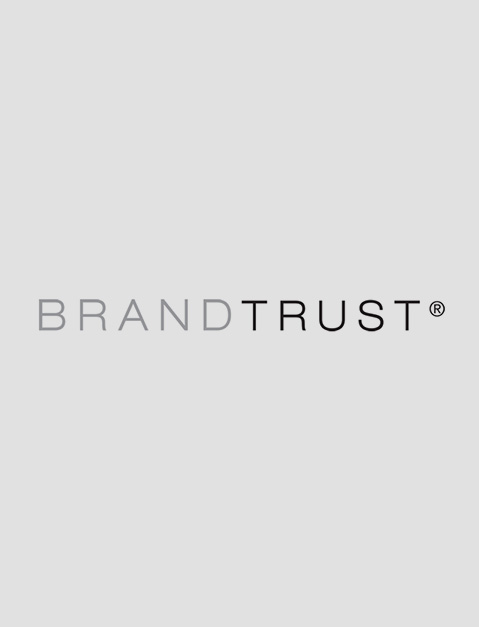If I Told You I Didn’t Care What Others Thought, I’d Be Lying
“In order to gain and hold the esteem of man it is not sufficient merely to possess wealth or power. The wealth or power must be put in evidence, for esteem is awarded only on evidence.” – Veblen
The above quote is sad, but true. You may be an extremely wealthy or powerful individual, but another must see it to believe it; you must don something signaling this worth if you want it to be known. Building off Rebeca Arbona’s recent blog post, Branding Is Tribal, I’ve come to recognize that I make purchases to badge myself or become a member of different “tribes.” I buy organic food and designer watches and you can most often find me carrying a branded coffee drink while I’m out and about. These purchases make me feel a certain way and badge me to different groups; ones that I like for others to know I’m a part of (what an unattractive statement to make!).
And this is exactly how badging is achieved; through conspicuous consumption. Not only must you make the purchase, but you must make your consumption obvious (remember, you can’t badge yourself; esteem is determined by others).
However, these conspicuous, often extravagant, purchases aren’t always the most environmentally friendly and we are moving towards a more environmentally conscious society. Personally speaking, I wouldn’t feel comfortable owning the type of gas-guzzling vehicle I once longed for. I don’t like the badge I’d be given, especially by those who are more “green.” Today, more than ever, Americans are conscious of our impact on the world around us and are making significant strides to preserve our environment and ensure a hopeful future for generations to come. Or are we? Would we make the same green decisions if no one were around to see us choose to do so?
Paper, Plastic Or Your Own Bag?
While social status is most definitely still achieved through conspicuous consumption, a recent study by Steven and Alison Sexton at Berkeley showed that, “evolving social norms suggest esteem can be attained through the demonstration of certain kinds of austerity- specifically austerity that minimizes the environmental impact of consumption” (Conspicuous Conservation). Through this shift in behavior and a movement towards minimalism, we’ve begun anti-badging ourselves. Now, instead of buying goods that help us achieve status because they’re luxuries, we’re buying goods that help us achieve status because they show that we’re environmentally aware.
All The Right And Wrong Reasons
You can now achieve regard through obvious conservation efforts, including buying hybrid cars, installing solar panels on your home, bringing re-usable bags for your groceries, etc. Consumers are going to great lengths to display environmental friendliness and, while labeled as conservationist, these behaviors are no less costly. The article cited above even shows that consumers will install solar panels on the shaded side of their home if it is more visible from the street. That’s not to say that it’s quite as simple and cynical as that. Conservation is a laudable goal and people do it for the good of the planet. But on a deeper level they are also doing it for the way it makes them feel about themselves. If your product isn’t a commodity, the probability that it’s being purchased with the intent for others to see it is high, though it can be very hard for consumers to tell you so directly, in most research settings. Your branded product is a badge, or maybe an anti-badge. When they buy it, your consumers are fulfilling the need to communicate who they are to those around them. Your brand serves as a conduit for consumers to express themselves.
As our society continues evolving, I’m anxious to witness more behavior shifts as social norms metamorphose. What will our future concerns be and how will our purchasing behavior adapt?
